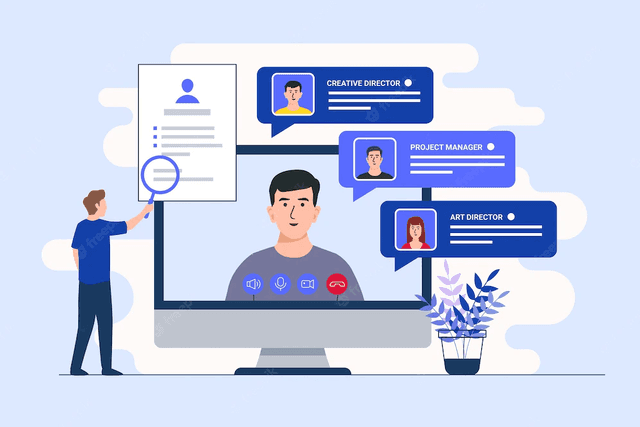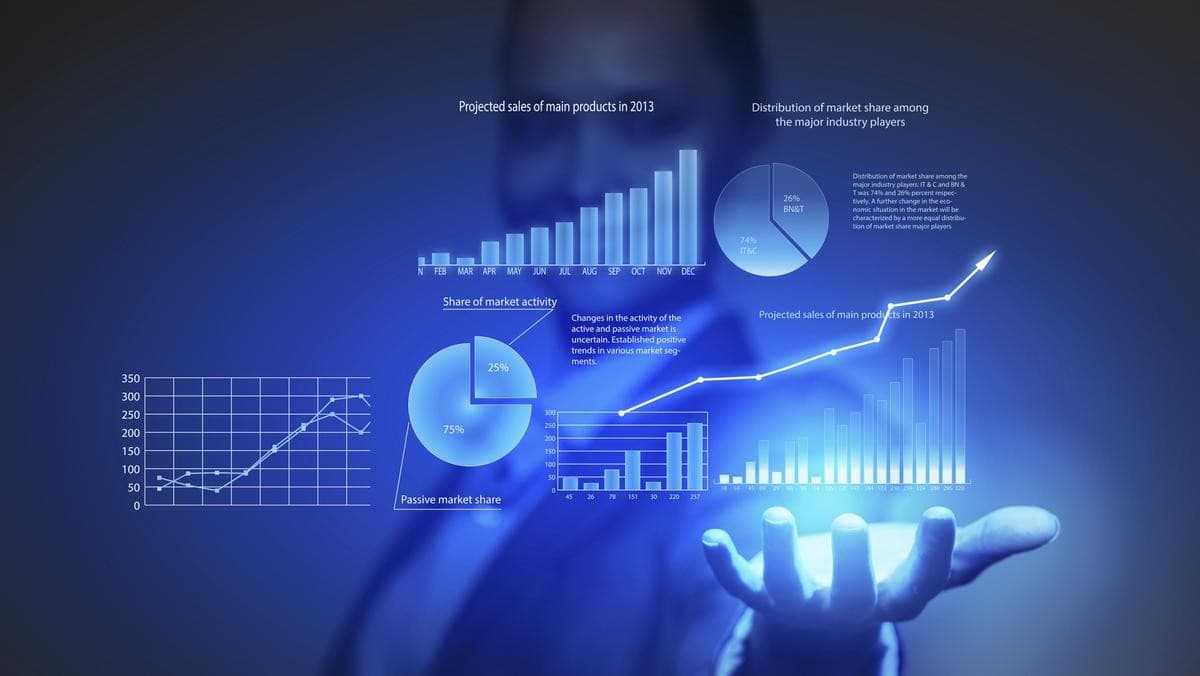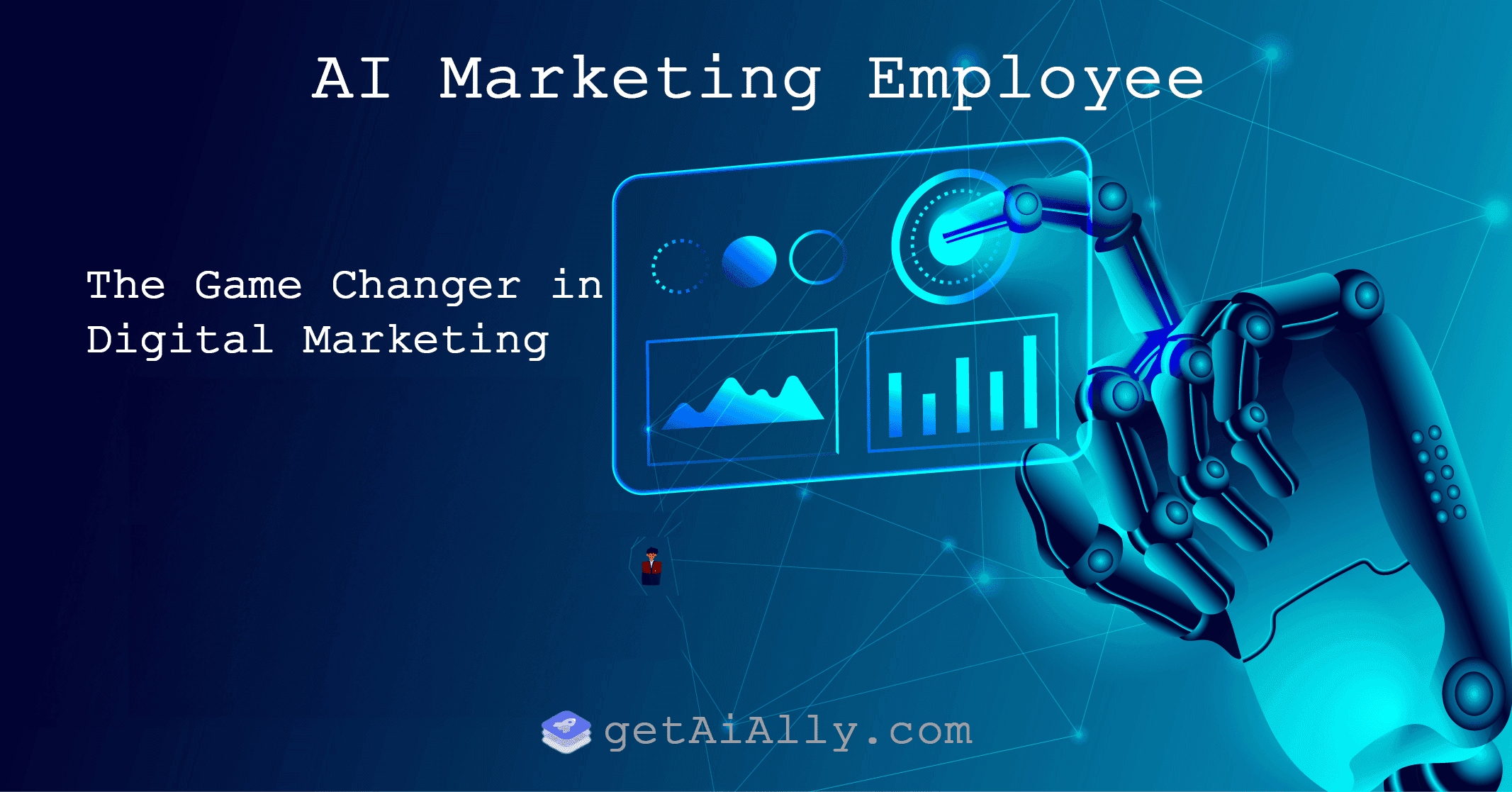AI Resume Screening: How to Revolutionize the Recruitment Process and Improve Talent Acquisition Efficiency

Lawrence Liu
9/16/2024

Streamlining Recruitment: How AI Resume Screening is Changing the Recruitment Game
In today's competitive talent market, an efficient and effective recruitment process is crucial for business success. With the rapid development of artificial intelligence (AI) technology, AI resume screening is revolutionizing the recruitment industry, bringing unprecedented efficiency and insights to businesses. This article will delve into how AI resume screening technology is changing the recruitment game and how companies can leverage this innovative tool to optimize their talent acquisition strategies.
1. Challenges of Traditional Resume Screening
Before discussing the advantages of AI resume screening, we first need to understand the main challenges faced by traditional resume screening methods:
- Time-consuming: Manually screening a large number of resumes is a time-consuming task, especially for popular positions. Statistics show that recruiters spend an average of 23 hours screening resumes for a single position.
- Subjectivity and bias: Manual screening is susceptible to personal preferences and unconscious biases. Research shows that names, gender, and even addresses on resumes can lead to potential biases.
- Consistency issues: Different recruiters may have different evaluation criteria for the same resume, leading to inconsistent assessment results.
- Difficulty in handling large volumes of data: When receiving a large number of applications, it's challenging to comprehensively compare and evaluate each resume. A survey shows that companies receive an average of 250 resumes for a typical position.
- Potential to miss suitable candidates: Due to human oversight or time constraints, some potential excellent candidates may be overlooked. Statistics show that up to 88% of qualified candidates might be ignored in the initial screening stage.
These challenges not only affect recruitment efficiency but may also lead to missing ideal candidates, impacting the company's overall talent strategy.
2. Introduction to AI Resume Screening Technology
AI resume screening is an innovative solution that uses artificial intelligence and machine learning technologies to automate the resume evaluation process. This technology can quickly analyze large volumes of resumes, identify key information, and rank candidates based on preset criteria.
AI resume screening systems typically include the following core components:
- Natural Language Processing (NLP) engine: Used to understand and analyze resume text
- Machine learning algorithms: Used to continuously optimize screening criteria and results
- Data analysis tools: Used to process and interpret large amounts of recruitment data
- Integrated Applicant Tracking System (ATS): Used to manage the entire recruitment process
These components work together to not only process structured data but also understand and analyze unstructured text information, providing a comprehensive candidate assessment.
3. How AI Resume Screening Works
To better understand the operation of AI resume screening systems, let's use the following flowchart to detail how each step works together to achieve efficient and precise candidate screening.
3.1 Keyword Matching
The AI system first identifies keywords and phrases based on the job description and requirements. It then searches for these keywords in the resume, evaluating how well the candidate's skills and experience match the job requirements. However, unlike traditional keyword matching, AI systems can understand synonyms and related terms, avoiding the limitations of simple literal matching.
For example, for a position requiring "project management" skills, the AI system would not only identify the term "project management" but also understand related terms like "project coordination" or "project leadership," thus providing a more comprehensive assessment of the candidate's relevant experience.
3.2 Semantic Analysis
More advanced AI resume screening systems can perform deep semantic analysis. This means they don't just look for specific words but understand the meaning of entire sentences and paragraphs. This allows the system to:
- Understand the context of the candidate's responsibilities and achievements
- Identify soft skills and personality traits
- Evaluate the candidate's ability to express themselves and their communication skills
Through semantic analysis, AI systems can differentiate between "participated in a project" and "led a project," thus more accurately assessing the candidate's actual contributions and abilities.
3.3 Predictive Modeling
AI systems can also use historical data and machine learning algorithms to build predictive models. These models can:
- Predict a candidate's performance in a specific role
- Assess the candidate's fit with company culture
- Predict the candidate's long-term development potential and career trajectory
For example, by analyzing the characteristics and career development paths of past successful employees, AI systems can identify new candidates with similar potential.
In this way, AI not only screens candidates who meet current job requirements but also provides insights for the company's long-term talent strategy.
4. Advantages of AI Resume Screening
4.1 Improved Efficiency
AI resume screening systems can analyze hundreds of resumes in seconds, greatly improving the efficiency of the recruitment process. Statistics show that using AI resume screening can reduce initial screening time by up to 75%. This not only saves a significant amount of time but also allows recruitment teams to focus on higher-value tasks, such as in-depth communication with excellent candidates.
The following graph visually demonstrates the significant advantage of AI resume screening in time efficiency compared to traditional methods. This improvement in efficiency not only saves a lot of human resources but also allows recruitment teams to focus more energy on high-value tasks.
4.2 Reduced Bias
Unlike humans, AI systems are not influenced by unconscious biases. By using predefined, objective criteria to evaluate each resume, AI can help create a fairer and more diverse recruitment process. Research shows that using AI screening can reduce gender bias by up to 90%. Of course, it's important to ensure that the AI system itself is designed and trained to avoid potential biases.
4.3 Improved Candidate Experience
A fast screening process means candidates can receive feedback more quickly. Additionally, AI systems can provide personalized communication, such as sending automatic updates and feedback, which helps improve the overall application experience for candidates. Data shows that a good candidate experience can increase candidate referral rates by 71%.
Overall, AI resume screening has brought significant improvements in multiple key recruitment metrics. The following chart summarizes the improvements in these main metrics, clearly showing the comprehensive optimization of the recruitment process by AI technology.
5. Other Applications of AI in Talent Acquisition
AI technology has a wide range of applications throughout the recruitment process. The following pie chart shows the proportion of AI applications in various stages of recruitment, helping us understand more comprehensively how AI is revolutionizing the entire recruitment process.
5.1 Intelligent Matching Systems
In addition to resume screening, AI can also be used to actively search for suitable candidates. Intelligent matching systems can search various professional networks and talent pools to find candidates who best meet specific job requirements, even if these candidates are not actively looking for work. This proactive talent acquisition method can help companies reach a wider talent pool, including potential passive candidates.
5.2 Predictive Recruitment Analytics
AI-driven predictive analytics can help companies better understand and predict their recruitment needs. By analyzing historical data, market trends, and company development plans, these systems can:
- Predict future talent needs
- Identify potential skill gaps
- Optimize recruitment strategies and timing
For example, an AI system might predict that due to market expansion, the company will need to increase its sales staff by 20% in the next 6 months. This insight can help the HR department start the recruitment process in advance, avoiding talent shortages.
6. AI Background Checks: Enhancing Recruitment Safety
AI technology can also be used to improve the background check process, enhancing the safety and accuracy of recruitment. AI-driven background checks can:
- Quickly verify information provided by candidates
- Search and analyze publicly available online information
- Identify potential risk signals or inconsistencies
For example, an AI system can automatically compare a candidate's resume information with their LinkedIn profile, quickly discovering any potential inconsistencies. Additionally, AI can analyze a candidate's social media activity, identifying behaviors that may not align with company values.
This not only saves time but also helps companies reduce hiring risks and ensure the selection of suitable candidates. Statistics show that using AI for background checks can reduce investigation time by 50% while improving accuracy.
7. Best Practices for Implementing AI Resume Screening
-
Define clear screening criteria: Ensure the AI system evaluates based on clear, relevant criteria. Work closely with hiring managers and department heads to define key requirements and ideal candidate characteristics for each position.
-
Continuous optimization and learning: Regularly review and update the AI system, adjusting based on actual recruitment results. Establish a feedback loop that feeds performance data from successfully onboarded employees back into the AI system to continuously optimize screening criteria.
-
Maintain human involvement: View AI as a tool rather than a replacement, ensuring that key decisions are still made by humans. For example, use AI for initial screening, but final candidate evaluation and interview decisions should be made by the recruitment team.
-
Focus on data quality: Ensure that data input into the AI system is accurate, up-to-date, and unbiased. Regularly update job descriptions and skill requirements to ensure the AI system is using the most current information.
-
Consider legal and ethical implications: Ensure the AI system complies with relevant privacy regulations and anti-discrimination laws. Work with the legal team to ensure the AI screening process complies with all applicable regulations.
-
Provide transparency: Explain to candidates the fact that AI screening is being used and how they are being evaluated. Clearly state the use of AI in the application process and provide options for human review.
-
Train the recruitment team: Ensure the team understands how to effectively use and interpret the output of the AI system. Conduct regular training to help recruiters understand the workings and limitations of the AI system.
8. Case Studies: Companies Successfully Applying AI Resume Screening
-
Unilever: By adopting an AI-driven recruitment platform, Unilever reduced its initial screening time by 75% while increasing candidate diversity. They reported that AI helped them discover many excellent candidates that traditional methods might have overlooked.
-
IBM: IBM uses Watson AI technology to analyze job seekers' personality traits and skill matches, not only improving recruitment efficiency but also significantly improving new employee retention rates. It's reported that after using AI, IBM's employee retention rate improved by 50%.
-
Starbucks: Starbucks uses AI-driven video interview and assessment tools to screen store staff candidates. This not only accelerated the recruitment process but also helped them identify candidates who better fit their corporate culture, thereby improving employee satisfaction and customer service quality.
9. Future Outlook: AI-Driven Comprehensive Recruitment Process
As AI technology continues to develop, we can foresee that future recruitment processes will become more intelligent and personalized:
-
Real-time skill assessment: AI systems might be able to assess candidates' skills in real-time through simulated work scenarios. For example, for a programming position, AI might provide a coding challenge and analyze the candidate's problem-solving method and code quality in real-time.
-
AI-driven interviews: AI might play a larger role in the initial interview stage, using natural language processing and emotion analysis to evaluate candidates. This might include analyzing the candidate's voice, facial expressions, and body language to comprehensively assess their communication skills and cultural fit.
-
Comprehensive talent ecosystem: AI will help create a dynamic talent ecosystem, integrating internal promotions, external recruitment, and skill development. This system will continuously monitor internal employees' skill development and career aspirations while staying synchronized with the external talent market, providing comprehensive talent strategy insights for the company.
-
Application of Augmented Reality (AR) in recruitment: AR technology might combine with AI to provide more immersive remote interview and work environment experiences. For example, candidates might virtually tour the office through AR technology or participate in simulated team collaboration tasks.
-
Continuous employee-job matching: AI systems might continuously evaluate the match between existing employees and new opportunities, promoting internal mobility and talent development. This can not only improve employee retention rates but also ensure the company fully utilizes existing talent resources.
10. Potential Risks and Limitations of AI Resume Screening
Despite the many benefits of AI resume screening, we also need to be aware of its potential risks and limitations:
-
Algorithmic bias: If training data contains biases, AI systems may replicate and amplify these biases. For example, if historical data shows a position has been primarily held by men, AI might tend to select male candidates.
-
Over-reliance on keywords: Although advanced AI systems have moved beyond simple keyword matching, there's still a risk of over-relying on specific terms, potentially missing some promising candidates with different ways of expression.
-
Lack of innovative thinking: AI systems might struggle to identify candidates with non-traditional backgrounds but innovative potential. This could lead to a decrease in team diversity and innovation capability.
-
Privacy concerns: Collecting and analyzing large amounts of personal data may raise privacy concerns, especially in cross-border recruitment situations where different countries may have different data protection regulations.
-
Technology dependence: Over-reliance on AI systems might cause recruitment teams to lose some important interpersonal skills and intuitive judgment abilities.
To address these challenges, companies need to:
- Regularly review and update AI systems to ensure their fairness and accuracy
- Maintain human involvement, especially in making final decisions
- Invest in diverse AI development teams to reduce algorithmic bias
- Establish strict data protection and privacy policies
- Continuously train recruitment teams to balance the use of AI tools and interpersonal skills
As AI technology continues to deepen its application in the recruitment field, the global AI recruitment market size is also rapidly growing. The following graph shows the expected growth trend of the AI recruitment market in the coming years, reflecting the continuing growing demand for AI recruitment solutions from enterprises. This trend not only proves the value of AI in recruitment but also indicates that AI will play an increasingly important role in talent acquisition and management in the future.
Conclusion: Balancing Technology and Humanity for an Intelligent Recruitment Future
AI resume screening technology is revolutionizing the recruitment field. By improving efficiency, reducing bias, and enhancing candidate experience, AI is helping businesses find suitable talent faster and more accurately. However, it's important to remember that AI should be viewed as a tool to augment rather than replace human judgment.
As technology continues to evolve, we can expect to see more innovative AI applications emerge throughout the recruitment process. Businesses need to maintain an open mind, actively embrace these new technologies, while ensuring their use complies with ethical and legal standards.
By wisely implementing AI resume screening and other AI-driven recruitment tools, businesses can gain a significant advantage in the increasingly competitive talent market, not only attracting top talent but also building a more diverse, efficient, and successful workforce. The future of recruitment is not just about finding the right candidates, but leveraging the power of AI to create a dynamic, continuously evolving talent acquisition and management system.
In this new era of AI-driven recruitment, the key to success lies in finding the perfect balance between technology and humanized recruitment. AI can process data, identify patterns, and provide insights, but ultimately, recruitment is about connections between people. By combining AI's efficiency with human insight, businesses can create a recruitment process that is both efficient and humanized, bringing better results for both candidates and companies.
Finally, let's remember that technology should serve people, not the other way around. While pursuing efficiency and accuracy, we should not forget that the essence of recruitment is to find individuals who can bring value to the company, collaborate well with the team, and thrive in the company culture. AI resume screening is a powerful tool, but it should ultimately be used to enhance our ability to identify and attract excellent talent, not to replace the crucial role of humans in this process.
Related Posts

AI-Driven Personalized Marketing: Redefining the New Paradigm of Customer Experience
Dive deep into how AI marketing employees are revolutionizing personalized marketing strategies. From precise customer profile construction to dynamic content generation, understand how AI creates unprecedented personalized customer experiences.

AI Marketing Employee: A New Paradigm for Data-Driven Decision Making
Explore how AI marketing employees are revolutionizing data processing and analysis. Learn how this groundbreaking technology provides real-time insights, optimizes decision-making processes, and drives precision in marketing strategies.

AI Marketing Employee: The Game Changer in Digital Marketing
Explore how AI marketing employees are revolutionizing the digital marketing landscape. Learn how this groundbreaking technology enhances efficiency, precision, and creates unprecedented value for brands.




